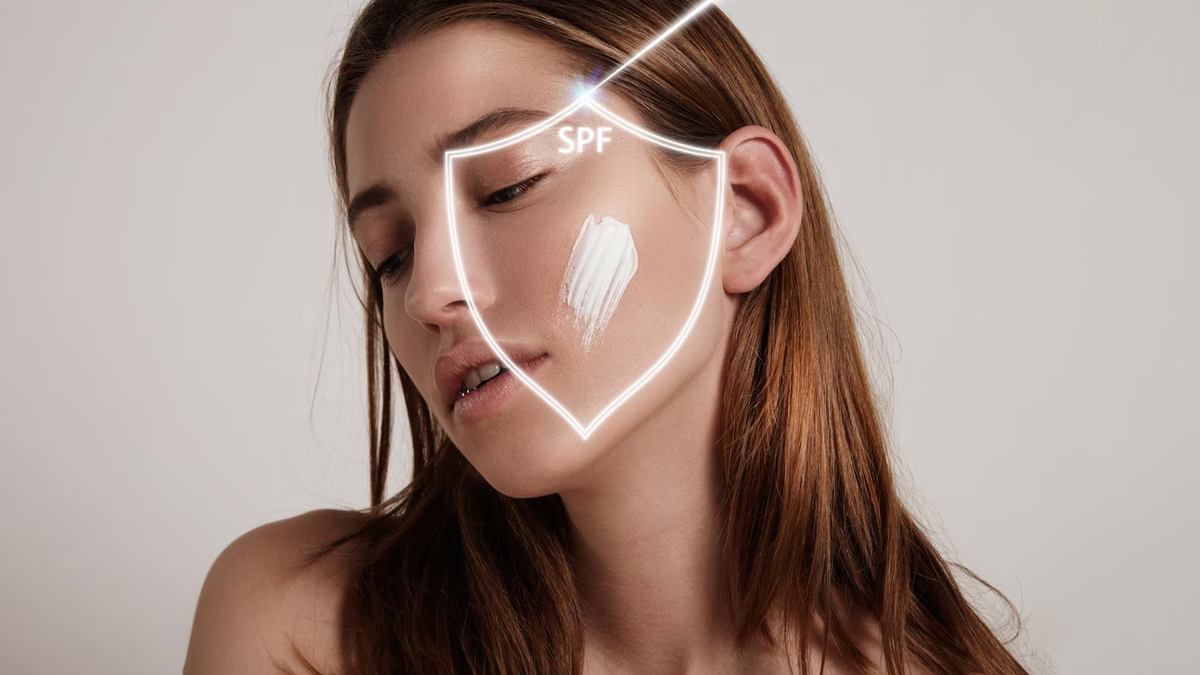
Wrestler and actor John Cena recently revealed a personal health battle that shocked fans: a past skin cancer diagnosis. Now cancer-free, Cena has partnered with a brand to promote sun safety, urging people to take UV protection seriously. His story underscores the harsh truth of how skin cancer can affect anyone, regardless of age or lifestyle. With over 5 million cases diagnosed annually in the US alone, it’s the most common cancer worldwide. Yet, experts stress that most cases are preventable with proper sun care. Read ahead to explore Cena’s wake-up call, the science behind sun damage, and actionable steps to protect your skin. Spoiler alert: Sunscreen is just the start.
Table of Content:-
The Harsh Reality of John Cena’s Skin Cancer

John Cena’s diagnosis highlights how easily skin cancer can fly under the radar. “I ignored signs for too long,” he shared. Like many, he underestimated the risks of prolonged sun exposure. Ultraviolet (UV) rays from the sun damage skin cell DNA, leading to mutations that trigger cancers like melanoma, basal cell carcinoma, and squamous cell carcinoma.
What Experts Say About Sun Protection
Dr Ajinkya Deshmukh, Squint, Paediatric, and Neuro-Ophthalmologist, Prabha Eye Clinic and Research Centre, Bengaluru, explains, “The sun gives off different types of UV rays. Some are stronger than others. Around noon, the sun is highest in the sky. The rays are most powerful then. But they don't shine straight into your eyes. Protecting yourself from UV rays is very important. Without protection, they can hurt your skin and eyes.”
A Study On Skin Cancer
A study in the Journal of Clinical Oncology tracked 1,600 participants for a decade. Researchers found that those who applied broad-spectrum SPF 30+ daily showed:
- 40% lower risk of squamous cell carcinoma.
- 50% fewer melanoma cases.
- Slower skin ageing compared to non-users.
- This proves sunscreen isn’t just a summer essential as it’s a lifelong shield.
Spotting Skin Cancer Early
-1743485627352.jpg)
Catching skin cancer early saves lives. Use the ABCDE rule to check moles:
- Asymmetry: Irregular shapes.
- Border: Blurry or jagged edges.
- Colour: Multiple shades (brown, black, red).
- Diameter: Larger than a pencil eraser.
- Evolving: Changes in size, texture, or itchiness.
ALSO READ: Salman Khan Opens Up About Battling ‘Suicide Disease’; Know All About This Disease
Sun Protection Tips That Work

Below are a few steps that can help individuals to protect themselves from the sun:
- Choose broad-spectrum SPF 30+: Reapply every 2 hours outdoors.
- Wear UPF clothing: Hats, sunglasses, and long sleeves block UV rays.
- Avoid peak sun hours: Stay indoors between 10 am and 4 pm
- Skip tanning beds: They emit UV radiation 15x stronger than the sun.
Conclusion
Skin cancer can happen to anyone, even tough guys like John Cena. His story teaches us an important lesson: sun safety isn't just for beach days. The sun's rays can harm your skin every single day, whether it's sunny or cloudy. The good news? Protecting yourself is easy. Wear sunscreen daily, cover up with hats and clothes, and stay in the shade when the sun is strongest. Check your skin regularly for any changes. Remember, preventing skin cancer starts with these simple steps today. Your future self will thank you for taking care of your skin now.
How we keep this article up to date:
We work with experts and keep a close eye on the latest in health and wellness. Whenever there is a new research or helpful information, we update our articles with accurate and useful advice.
Current Version